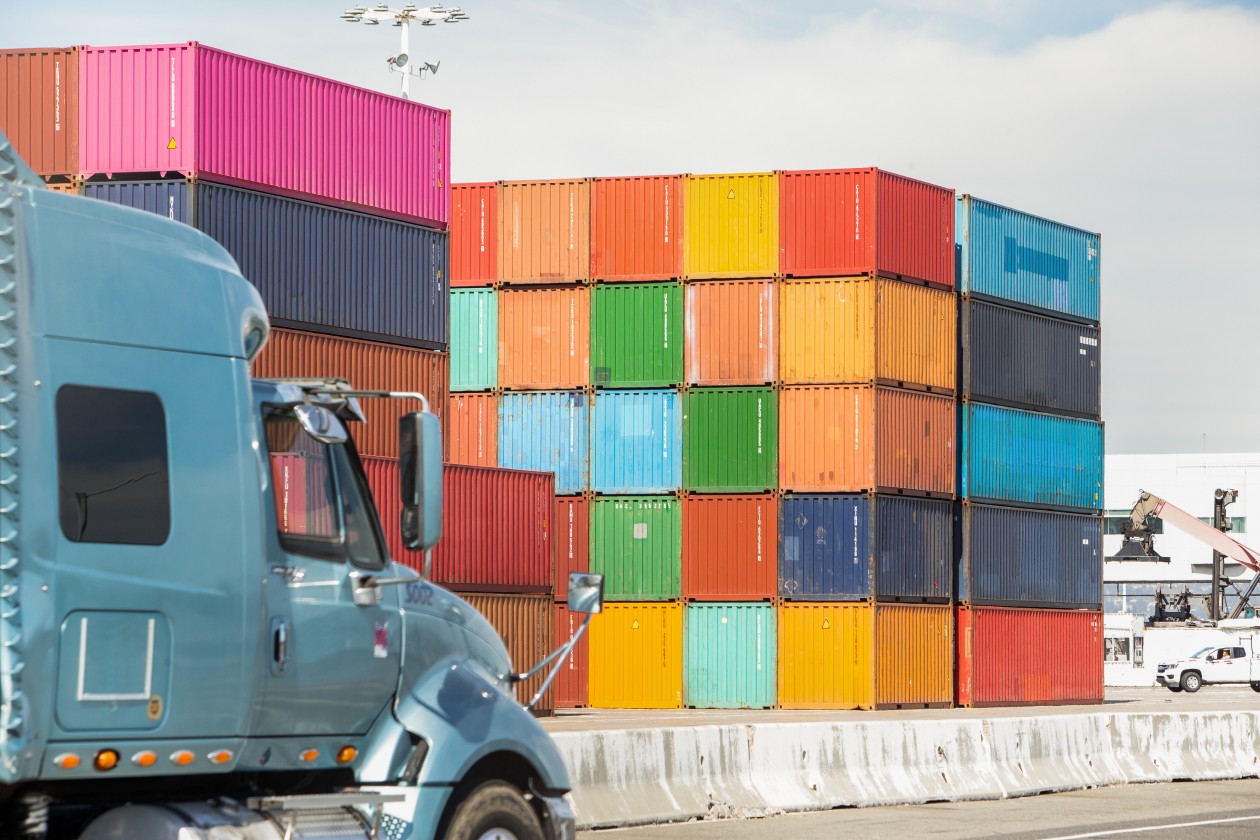Transforming Logistics: The Impact of Generative and Agentic AI on Efficiency and Innovation

Navigating Challenges in Logistics: The Role of AI
The logistics industry plays a crucial role in global trade but is currently grappling with numerous challenges. Economic uncertainty, supply chain disruptions, increasing costs, and complex regulatory demands are straining businesses. Moreover, operations within this sector often remain fragmented, complicating efforts to enhance efficiency and adaptability.
The Call for Digital Transformation
Traditionally, logistics has been slower to embrace digital transformation compared to other industries. According to research, over 75% of industry leaders acknowledge this lag. Many companies have historically prioritized small, incremental improvements to their processes instead of investing heavily in digital innovation. This approach is increasingly insufficient, particularly given that customer expectations have evolved significantly. An impressive 91% of logistics firms report that clients now expect seamless, end-to-end services from a single provider.
The Impact of Artificial Intelligence
AI is emerging as a transformative force in logistics, poised to address these industry challenges and meet customer demands effectively. AI technologies can enhance customer experiences through improved shipment planning, service requests, and overall operational efficiency.
Data indicates that AI-powered innovations could lower logistics costs by 15%, optimize inventory levels by 35%, and elevate service levels by an astounding 65%. Over the next 20 years, the adoption of AI in logistics could generate an economic value between $1.3 trillion and $2 trillion annually.
Major companies, such as Microsoft, are leading the AI revolution in logistics. Microsoft’s Azure platform is providing the infrastructure for businesses to integrate cutting-edge AI solutions into their operations.
Key Use Cases for AI in Logistics
AI can influence various aspects of logistics, impacting both inbound and outbound logistics as well as supporting activities throughout the value chain.
Inbound Logistics
One of the primary applications of AI in logistics is demand forecasting. Accurate AI-driven predictions can streamline inventory management and optimize warehouse operations. For instance, SPAR Austria has enhanced its demand forecasting accuracy to over 90% through AI solutions, resulting in a 15% reduction in costs by limiting waste.
Route optimization is another area where AI shines, offering potential for significant fuel cost savings—a major consideration for logistics companies focused on sustainability. Furthermore, AI can also enhance resource management in scheduling, shipping, booking, and invoicing.
An example includes Dow Chemical, which improved its freight invoicing process with an AI agent that monitors incoming invoices for accuracy and structure, thereby managing logistics spending more effectively.
Outbound Logistics
In outbound logistics, AI and robotics are vital for improving picking and packing tasks. Advanced technologies like natural language processing (NLP) and machine learning are revolutionizing customer interactions. By implementing AI solutions, companies can automate customer service aspects, simplifying responses and cutting down handling times.
For example, Decathlon partnered with Parloa to implement AI-enhanced customer service solutions, resulting in a 20% decrease in calls forwarded to live agents.
Supporting Activities
AI technologies are also improving essential support functions within logistics. For example, in procurement and pricing, AI can simplify the request for proposal (RFP) processes and enable dynamic pricing, optimizing revenue management. Additionally, AI aids in customs management and regulatory compliance.
Some readily available solutions include:
- Wandelbots: Robotics for picking and packing
- Paiqo: Demand forecasting
- InstaDeep: Load optimization
- Fareye: Route planning
- Parloa: Enhanced customer service
Building a Digitized Logistics Environment
Microsoft identifies three fundamental pillars for logistics firms to create an AI-ready framework:
- Adaptive Cloud: A modular infrastructure that centralizes operations, security, and data management across hybrid and multi-cloud environments.
- Microsoft Dynamics 365 Suite: A comprehensive suite that improves supply chain visibility, procurement, fulfillment, and planning.
- AI Solutions: Intelligent automation tools that enhance business processes and systems.
Adaptive Cloud
Adaptable cloud solutions enable effective management of logistics processes, improving areas such as quality control and warehouse operations. By leveraging the capabilities of Azure, businesses can anticipate and respond proactively to market changes, resulting in enhanced resource optimization and risk mitigation.
Dynamics 365 Suite
Microsoft Dynamics 365 encompasses various stages of supply chain management, enhancing the overall functionality of operations through AI and automation. For example, the new Warehouse Management Only Mode in Dynamics 365 focuses solely on optimizing warehouse activities, providing businesses with improved service capabilities.
AI Solutions
The integration of AI technologies facilitates the development of custom applications tailored for logistics operations, enhancing efficiency and decision-making through intelligent insights.
Through these advancements, logistics firms are increasingly positioned to improve their operations, adapt to new challenges, and meet evolving customer expectations effectively.






